Discrimination
Pathways
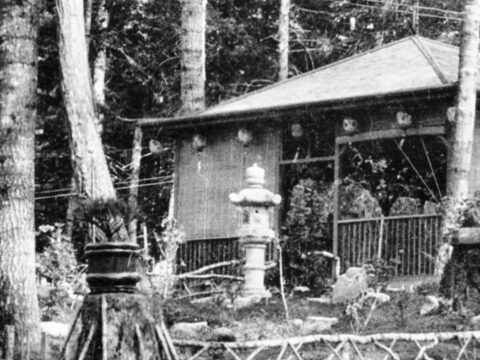
This pathway examines the displacement and dispossession of thousands of Japanese Canadians in Canada in the 1940s.
View Pathway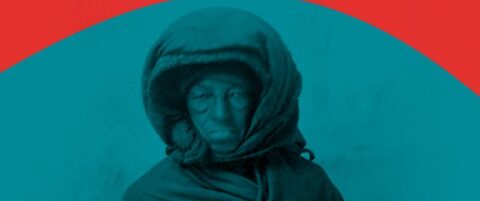
1In 1 playlists
This pathway is connected to the exhibition Hope Meets Action: Echoes Through the Black Continuum. The exhibition and pathway explores the connections between historical and contemporary Black experiences throughout BC.
View Pathway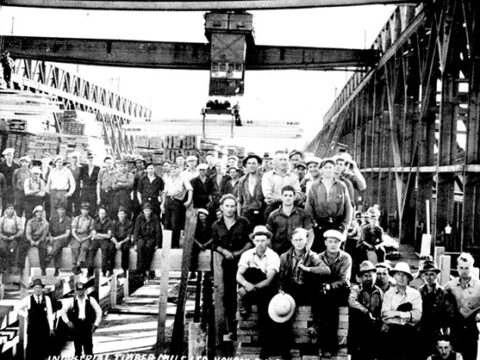
7In 7 playlists
Explore interviews from the Centre for Indo-Canadian Studies at the University of the Fraser Valley. Learn more about the experiences of early Punjabi immigrants to Canada.
View Pathway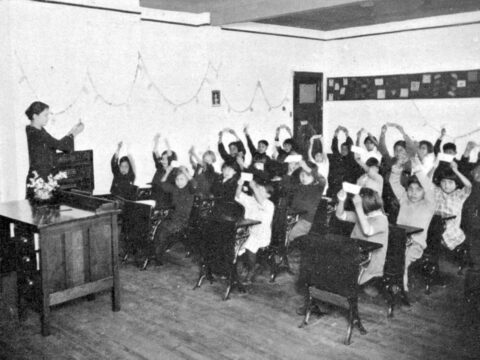
6In 6 playlists
How do we reconcile past wrongs? Look at documents and objects from the Royal BC Museum’s ethnology collection and archives to learn about the effects of Indian residential schools and think about how we can reach reconciliation.
View Pathway
5In 5 playlists
Look into documents and artifacts from the Royal BC Museum and Archives to uncover how the Chinese Canadian community was treated in BC’s past.
View Pathway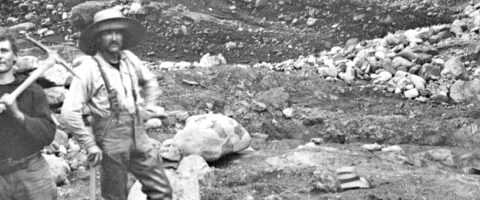
8In 8 playlists
Did you know that there has been a connection between China and BC for over 225 years? Explore the Royal BC Museum and Archives and use our collections to find out more about early Chinese Canadian history.
View Pathway
7In 7 playlists
Did you know BC is a language hotspot? Over 34 distinct indigenous languages are spoken here. Explore sounds, images, words and video about First Nations languages.
View PathwayEntries
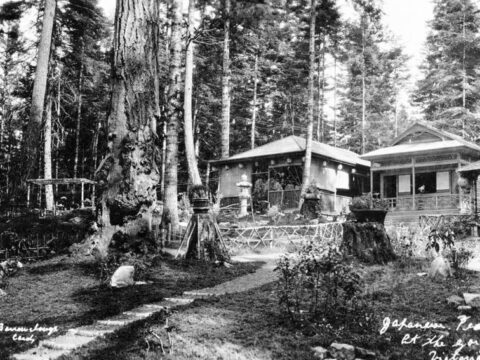
1In 1 playlists
Hayato Takata and Yoshitaro Kishida opened the garden on July 11, 1907. Two Takata brothers started to run the garden as a family business in 1922. The Takata family was interned in 1942. Their houses and the garden were vandalized and destroyed. The rest of their belongings were sold off by the government. [BC Archives-E-01902] Learn more about this image at BC Archives here.
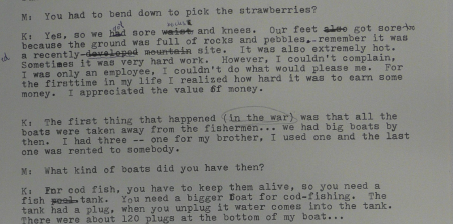
1In 1 playlists
Hideo Kokubo was interviewed in Vancouver in 1973 in a project by Reynoldston Research and Studies. He discusses life as a fisherman in BC in the 1940s and mentions how the government seized Japanese Canadian fishing boats during the Second World War. [BC Archives-AAAB8584] Learn more about this interview at BC Archives here.
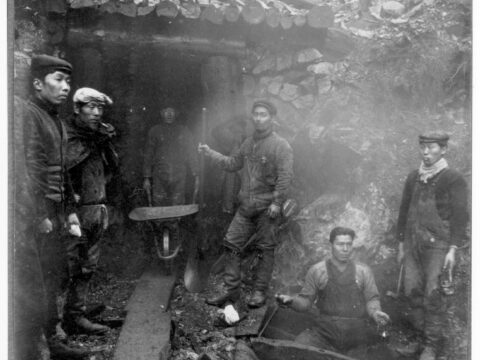
1In 1 playlists
The owner of the Ikeda Mine, Arichika Ikeda, died in 1939 but the ownership of his mine came under the jurisdiction of the Custodian in 1942. His wife, Kaoru Ikeda, interned in Slocan, was made to release her rights to the property as well as their family house. She died after four years of internment in the spring of 1946. [BC Archives H-04580] Learn more about this image at BC Archives here.
Media

British Columbians Respond
Read
Nadeem Kulwant Parmar
Watch
Georgia
Listen
Jagger
Listen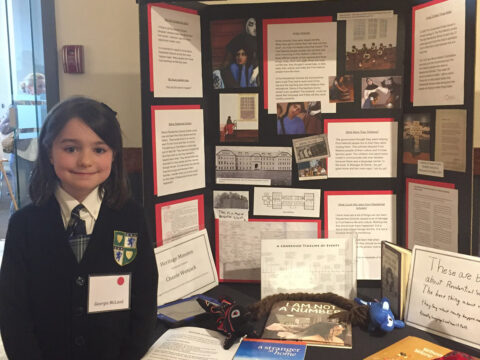
Georgia with Project
Look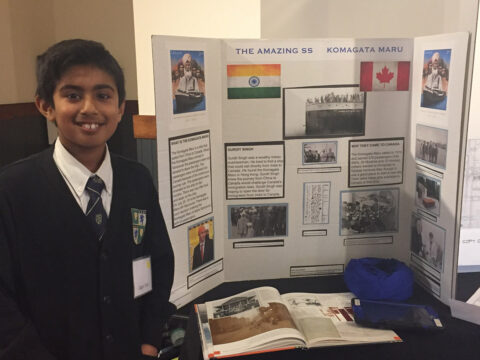
Jagger with Project
Look
Sehrtaj’s Video
Watch
Chinese Legacy in BC
Read
Lavina Lightbown interviewed by Imbert Orchard by RoyalBCMuseum
Listen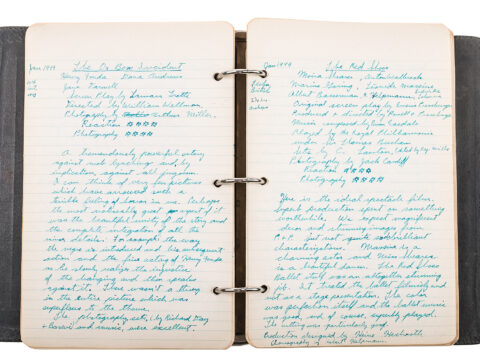
Journal open to show entries for The Ox-Bow Incident and The Red Shoes
Look
FINAL Sohan Singh Labh
Read
FINAL Amarjit Singh Heer
Read
Amarjit Singh Heer
Listen
Island of Voices by RoyalBCMuseum
Listen
Residential Schools Reading List
Read
David Lai at the Immigration Building
Watch
A Request for Wages Not Paid to Chinese Workers (1865)
Read
Deportation_of_Chinese_workers_by_Penticton
Read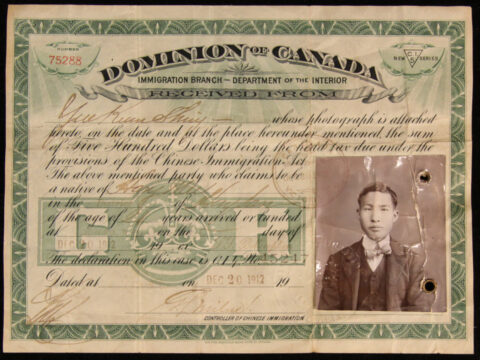
Look
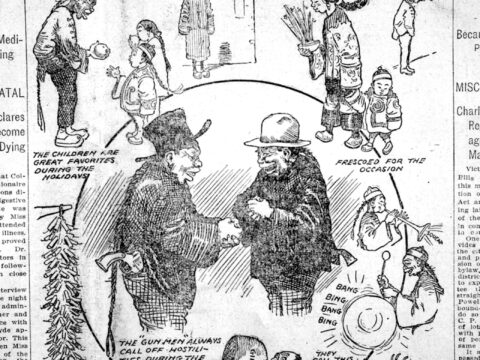
Look
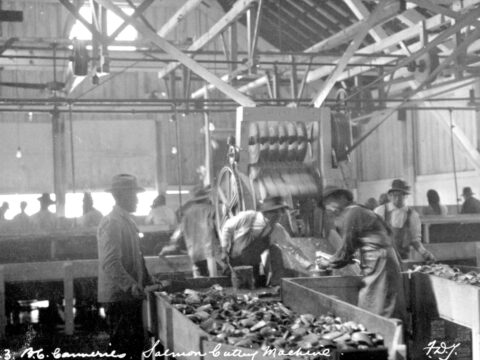
Look
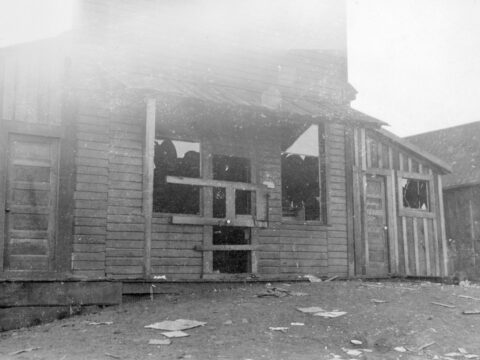
Look
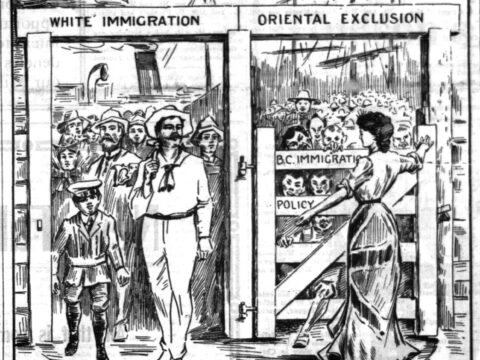
Look
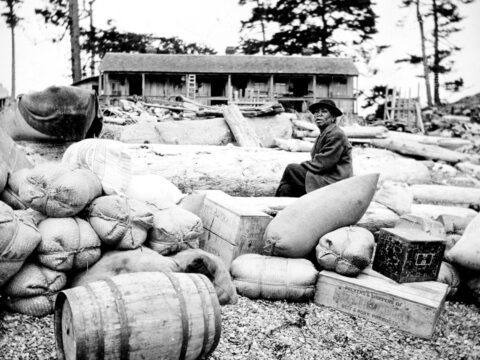
Look
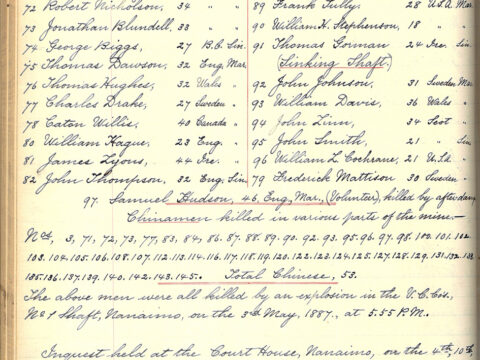
Look

Fred Soon Interview – Jobs & Education
Listen
Fred Soon Interview – Chinese Immigration To BC
Listen
Fred Soon Interview – Conditions Inside The Immigration Building
Listen
Fred Soon Interview – Detained at the Immigration Building
Listen
Fred Soon Interview – Getting to BC
Listen
english_apology
Read
GR-0429.3100
Read
act-respecting-chinese-immigration
Read
act-to-amend-qualification
Read
An Act to Regulate Chinese Population of BC
Read
An Act to prevent the immigration of Chinese (1884)
Read
An Act to prevent Chinese from acquiring Crown Lands (1884)
Read
A Request for Wages Not Paid to Chinese Workers (1865)
Read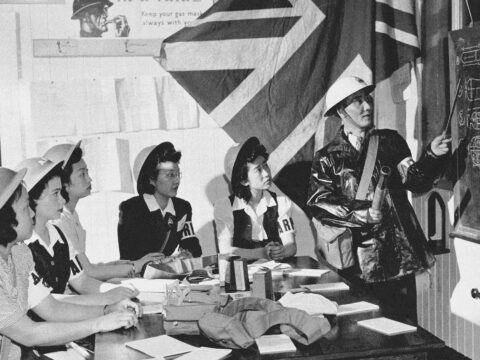
Look
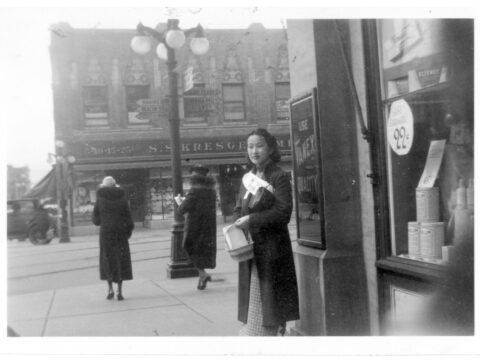
Look
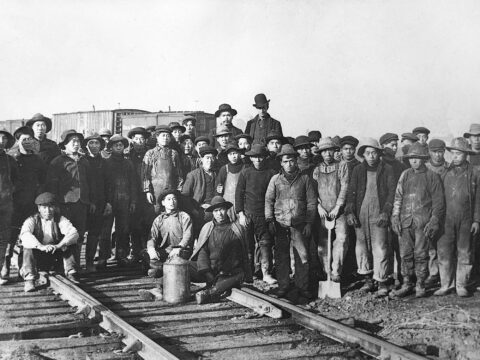
Look
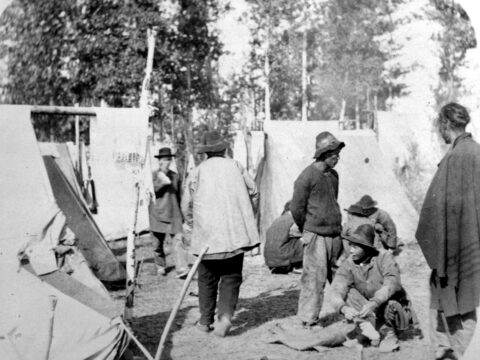
Look
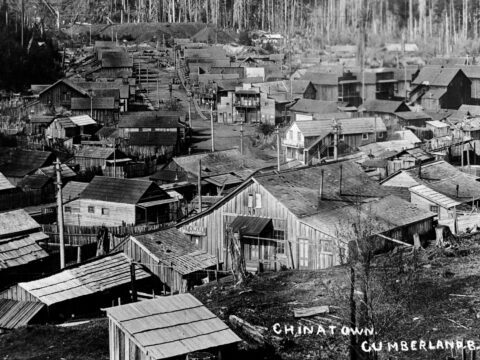
Chinatown – Cumberland
Look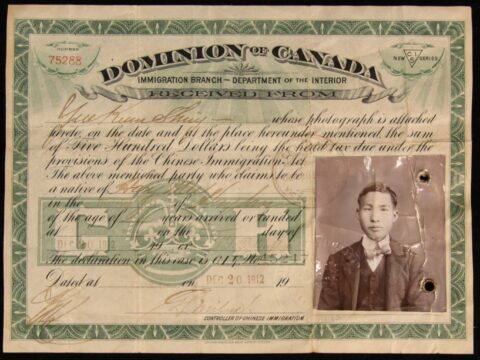
Chinese Head-Tax Certificate, 1911.
Look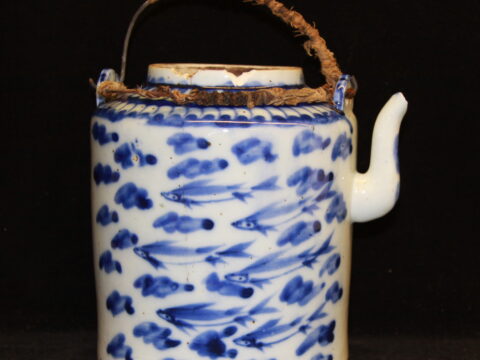
Look
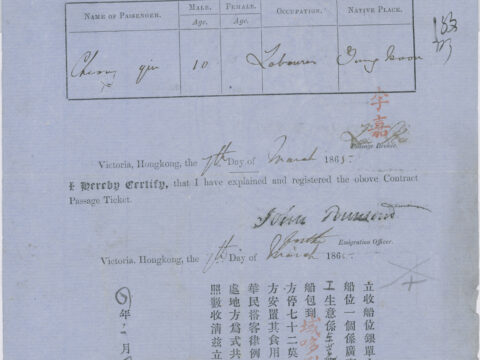
Maria Ticket
Look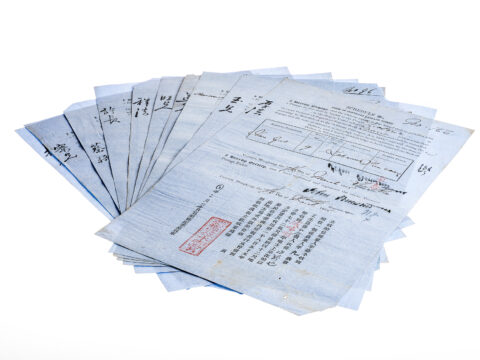
Tickets from Hong Kong to Victoria
Look
Webster! Sophie Pierre Interview 1986
Watch
Our Living Languages
Watch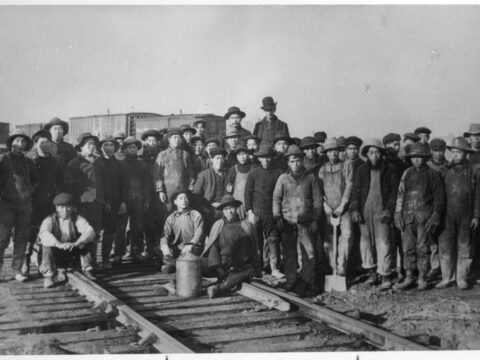
Chinese Railway Workers
Look
Jon Joe (Chow) and Charlayne Thornton-Joe
Watch
